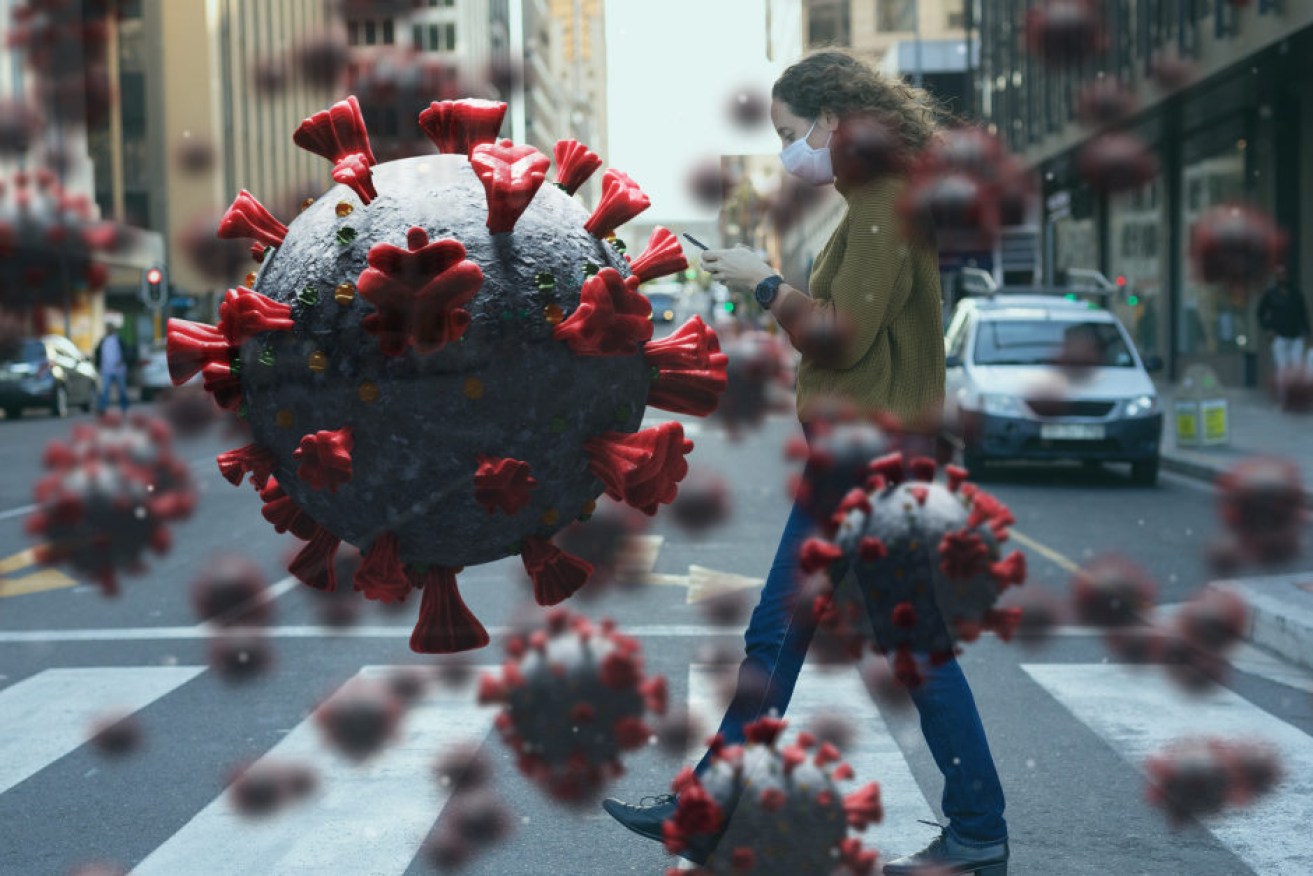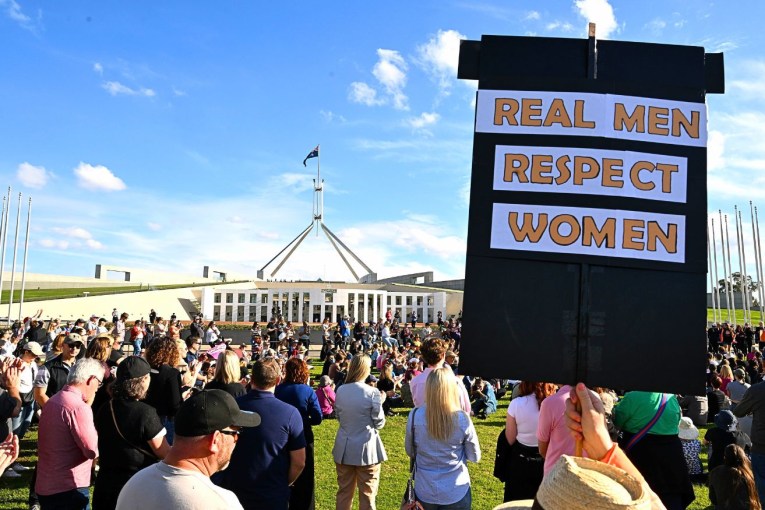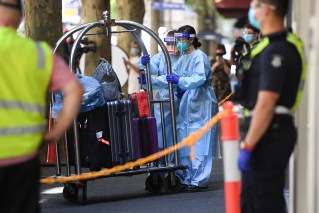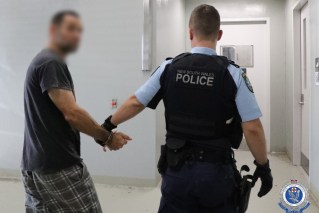‘Near and present danger’: Delta strain makes fixing hotel quarantine job #1


The Delta variant is a 'near and present danger' for Australia. Photo: Getty
The Australian government is under pressure to fix hotel quarantine amidst fears the nation is unprepared to handle the highly infectious Delta coronavirus variant.
New South Wales health minister Brad Hazzard labelled the strain a “near and present danger” given how easily it spread at Bondi Junction’s Westfield shopping centre recently.
“It is a virus that is a very capable of transmitting even when we have very fleeting proximity between the individual who is infectious and any of us who might be passing by,” Mr Hazzard told press on Saturday.
CCTV footage from the Westfield shopping centre showed that a man caught COVID-19 from an infected limousine driver by simply passing by him.
“Each had stood not far away from each other for a very short period of time and then it would appear that one of them possibly moved through the airspace that the other one had occupied,” Mr Hazzard said.
Several leading authorities, including the World Health Organisation, have warned the highly infectious Delta variant will soon become the dominant strain globally.
Infectious diseases expert Bill Bowtell, adjunct professor at the University of NSW, told The New Daily Australia was ill-prepared for handling the variant.
“We’re not ready. This variant is 60 per cent more infectious than the previous variant, it’s very serious and it’s a real danger to public health,” Adjunct Professor Bowtell said.
“A more infectious variant plus low vaccination rates at the beginning of winter is not very good,” he said.
This week WHO’s chief scientist Soumya Swaminathan told a news conference the world was facing ‘dynamic’ challenges because of the new coronavirus strain.
“The Delta variant is well on its way to becoming the dominant variant globally because of its significantly increased transmissibility,” Dr Swanithan said.
Dr Swaminathan also said the WHO wanted more data from well-conducted studies on the efficacy of vaccines used in different countries against the various strains that have emerged.
Considering the slow pace of the vaccine rollout coupled with the ongoing risk of hotel quarantine outbreaks, the Delta variant is a serious challenge for Australia, Adjunct Professor Bowtell said.
“The real danger is running a system of badly administered quarantine and expecting things are going to get better, not worse,” he said.
A meeting of National Cabinet has been brought forward to Monday as concerns grow over the limited supply of vaccines.
Adjunct Professor Bowtell said the premiers and Prime Minister need to immediately act to fix flaws in hotel quarantine.
“Australian policymaking is falling over in relation to quarantine and vaccination. It is just becoming a serious risk to public health to have these ‘groundhog day’ lockdowns,” he said.
‘It transmits in air. The debate is over’
One major issue in Australia’s public health response is that the scientific evidence the coronavirus can be spread through the air has largely been ignored, Adjunct Professor Bowtell argued.
Initially, the SARS-CoV-2 virus was thought to be spread by respiratory droplets. It wasn’t until the WHO revised its official position to acknowledge that it could also be airborne in May that other countries followed suit.
Health authorities in Australia are having trouble acknowledging the science has changed and airborne transmission is now regarded as the dominant way the virus spreads, Adjunct Professor Bowtell said.
“There is no debate. But it seems to be the basis of policy of the infectious control group,” he said.
“They said it didn’t transmit in hotels, well it did. It has transmitted in air in Westfield Bondi Junction by one person who walked past another person.
“It transmits in air. The debate is over.”
The Australian government has been repeatedly criticised by medical experts and frontline health workers for offering confusing or weak advice on the potential of airborne transmission.
A Department of Health webpage explaining how the coronavirus spreads makes no mention of airborne transmission and has not been updated since February 5.
In February, the Australian Medical Association urged the government to be more clear on the science behind airborne transmission.
“The experts advising government, the Infection Control Expert Group (ICEG), have continually played down airborne transmission in the spread of the virus in hotel and healthcare settings,” the AMA said.
In response to an ABC Fact Check article on the subject, the Department of Health defended its stance.
“Since the beginning of the COVID-19 pandemic, the Infection Control Expert Group (ICEG) has consistently recognised the potential for transmission of SARS-CoV-2 via aerosols in specific circumstances,” a statement from the department said.
To protect Australia until the vaccine rollout is complete, the policies need to follow the science and National Cabinet need to agree on updating hotel quarantine to keep the population safe, Adjunct Professor Bowtell said.
“Nature creates the virus, it doesn’t have brains. But politicians create decisions on vaccinations and quarantine,” he said.
“They are creating a greater risk for all Australians.”








